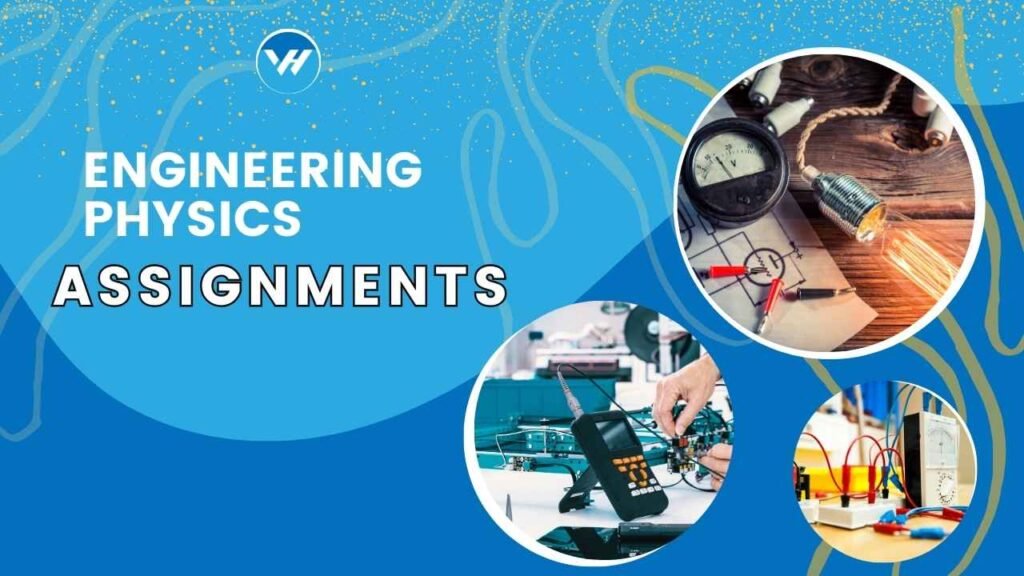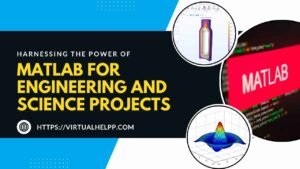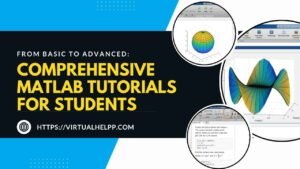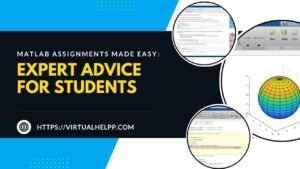Engineering Physics is a branch of physics that deals with the application of physical principles to solve engineering problems. It’s a field that bridges the gap between physics and engineering, offering insights that are crucial for designing and understanding complex systems. From the fundamental laws of mechanics to advanced quantum theories, Engineering Physics provides the theoretical backbone necessary for innovative engineering solutions.

Engineering Physics is more than just a subject; it’s the foundation upon which many engineering disciplines are built. Its principles are essential for understanding the physical phenomena that underlie technological advancements. Whether you’re working on developing new materials or designing complex systems, a solid grasp of Engineering Physics is crucial for success.
Table of Contents
ToggleCommon Topics in Engineering Physics Assignments
Classical Mechanics
Classical Mechanics forms the basis of most engineering problems. It deals with the motion of bodies under forces, from the simple motion of a projectile to the complex dynamics of a robotic arm. Assignments in this area often involve solving problems related to forces, energy, and momentum.
Electromagnetism
Electromagnetism is another core topic, focusing on electric and magnetic fields and their interactions. This includes understanding Maxwell’s equations, electric circuits, and the behavior of materials in electric and magnetic fields. Problems may involve calculating fields, forces, and potentials in various scenarios.
Thermodynamics
Thermodynamics involves the study of heat, work, and energy transformations. Engineering assignments in this area might include problems related to heat engines, refrigeration cycles, and the laws of thermodynamics. Understanding these concepts is key for designing efficient energy systems.
Quantum Mechanics
Quantum Mechanics explores the behavior of particles at the atomic and subatomic levels. While more abstract, its principles are crucial for fields like semiconductor technology and nanotechnology. Assignments may involve solving Schrödinger’s equation or understanding quantum states and transitions.
Optics and Waves
The study of optics and waves covers the behavior of light and sound. This includes understanding wave propagation, interference, diffraction, and the principles of lenses and mirrors. Engineering problems might involve designing optical systems or analyzing wave interactions in various media.
Challenges in Engineering Physics Assignments
Complex Problem-Solving
Engineering Physics assignments often involve complex problems that require a deep understanding of the underlying physics principles. These problems can be challenging, as they may require combining multiple concepts and applying them in novel ways.
Mathematical Rigor
The mathematical aspect of Engineering Physics is significant. Problems often require advanced mathematical techniques, including calculus, differential equations, and linear algebra. Mastery of these mathematical tools is essential for solving engineering physics problems effectively.
Conceptual Understanding
A strong conceptual understanding is crucial for tackling Engineering Physics assignments. Without grasping the fundamental principles, students may struggle to apply their knowledge to solve problems accurately. It’s important to build a solid foundation in the core concepts before diving into complex assignments.
Effective Strategies for Tackling Engineering Physics Assignments
Understanding the Core Concepts
Before attempting assignments, it’s important to ensure you understand the core concepts thoroughly. Reviewing lecture notes, textbooks, and online resources can help solidify your understanding and provide a solid basis for solving problems.
Breaking Down Problems
When faced with a complex problem, break it down into smaller, manageable parts. Identify the key components and determine which principles and equations apply to each part. This approach makes it easier to solve the problem step by step and ensures you don’t overlook important details.
Utilizing Study Aids and Resources
Various study aids and resources can help with Engineering Physics assignments. These include textbooks, online tutorials, and problem-solving guides. Don’t hesitate to use these resources to supplement your learning and gain different perspectives on challenging topics.
Practical Application and Experimentation
Practical application and experimentation can enhance your understanding of theoretical concepts. Engaging in lab work, simulations, and real-world applications helps solidify your knowledge and provides insights into how physics principles apply in practice.
How Virtual Help Can Assist with Engineering Physics Assignments
Access to Expert Tutors
Virtual Help offers access to expert tutors who specialize in Engineering Physics. These tutors can provide personalized assistance, helping you understand complex concepts and solve challenging problems.
Step-by-Step Guidance
With Virtual Help, you can receive step-by-step guidance on your assignments. Tutors can walk you through the problem-solving process, explaining each step and ensuring you understand the reasoning behind the solutions.
24/7 Availability
One of the key advantages of Virtual Help is its 24/7 availability. Whether you need help during late-night study sessions or early morning review, you can access tutoring services at any time that fits your schedule.
Customized Help Based on Individual Needs
Virtual Help provides customized assistance based on your individual needs. Whether you’re struggling with a specific topic or need help with a particular assignment, tutors can tailor their support to address your unique challenges.
Steps to Find Help on Virtual Help Platform
Creating an Account
To get started with Virtual Help, create an account on the platform. This involves providing basic information and setting up your profile. Once registered, you can start exploring the available tutoring options.
Choosing a Tutor
Browse through the list of available tutors and select one based on their expertise and your specific needs. You can view tutor profiles, read reviews, and choose someone who matches your requirements.
Scheduling Sessions
After choosing a tutor, schedule sessions at times that are convenient for you. Virtual Help’s platform allows you to book sessions based on your availability and the tutor’s schedule.
Utilizing Additional Resources
In addition to tutoring, Virtual Help offers various resources such as practice problems, study guides, and educational videos. Make use of these resources to enhance your learning and supplement your tutoring sessions.
Tips for Maximizing the Benefits of Online Tutoring
Preparing for Sessions
Prepare for your tutoring sessions by reviewing relevant materials and formulating specific questions. This ensures you make the most of your time with the tutor and address any specific issues you’re facing.
Active Participation
Engage actively during your tutoring sessions. Ask questions, seek clarification, and discuss your thought process with the tutor. Active participation helps you understand the material better and improves your problem-solving skills.
Utilizing Additional Tools and Resources
Take advantage of additional tools and resources provided by Virtual Help. These can include interactive simulations, practice quizzes, and other educational materials that complement your tutoring sessions.
Conclusion
Engineering Physics is a crucial field that underpins many engineering disciplines. Understanding its principles and solving related assignments can be challenging, but with the right strategies and resources, you can overcome these challenges. Virtual Help provides valuable support through expert tutoring, step-by-step guidance, and a range of additional resources. By leveraging these tools, you can enhance your understanding of Engineering Physics and excel in your assignments.
FAQs
What is Engineering Physics?
Engineering Physics is the application of physical principles to solve engineering problems, combining core concepts from both physics and engineering.
How can I improve my understanding of engineering physics?
Improving your understanding involves studying core concepts thoroughly, practicing problem-solving, and utilizing study aids and resources. Engaging in practical applications and seeking help from expert tutors can also be beneficial.
What types of assignments are common in engineering physics?
Common assignments include problems related to classical mechanics, electromagnetism, thermodynamics, quantum mechanics, and optics. These assignments often involve complex problem-solving and mathematical rigor.
How can Virtual Help assist with specific physics problems?
Virtual Help provides access to expert tutors who can offer personalized assistance, step-by-step guidance, and additional resources tailored to your specific needs and challenges.
What are some study tips for engineering physics?
Study tips include breaking down complex problems, actively participating in tutoring sessions, utilizing additional resources, and engaging in practical applications to reinforce theoretical concepts.





